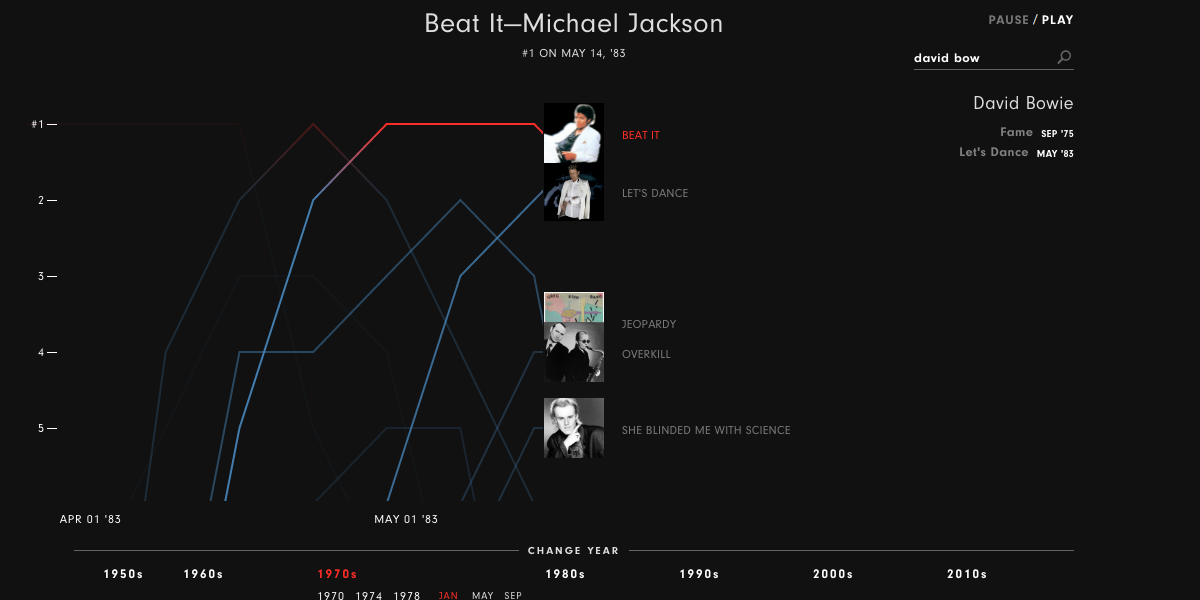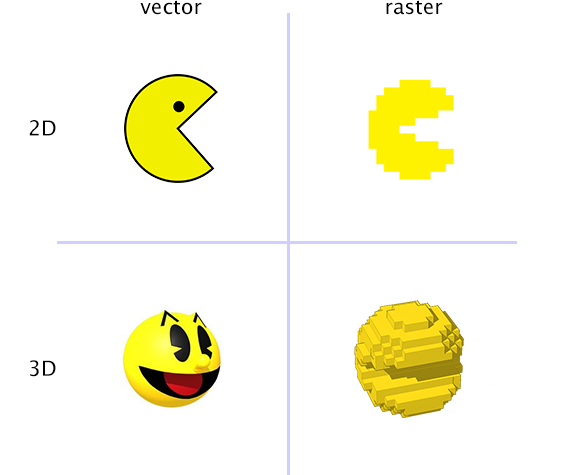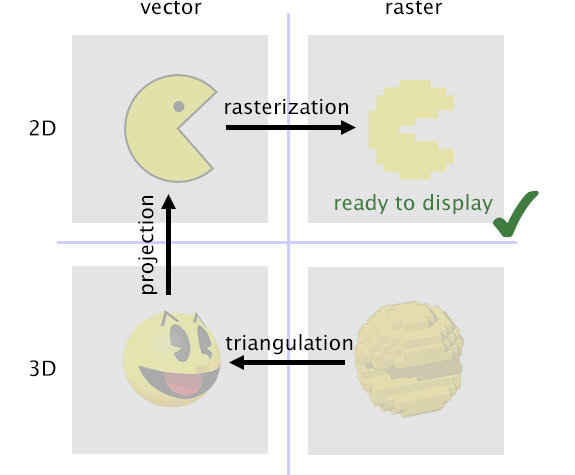Why is it only the libertarians who fantasize about space these days?
our species hasn’t been around terribly long, in the grand scheme of things, and if we’re honest with ourselves, most of us haven’t exactly been doing our utmost to better the world we live in.
my general feeling is that our fondness for dystopian narratives is a pretty nasty indulgence, especially for those of us who live mostly comfortable lives, far-removed from the visceral realities of human suffering. … Immersing ourselves in narratives where 99% of the characters are totally selfish also engrains a kind of fashionable faux-cynicism that feels worldly, but is in fact simply lazy. I say faux-cynicism because I don’t believe that most people who profess to be pessimists truly believe that humanity is doomed, at least not in their lifetimes, or in their particular geographic purviews … telling yourself that everything is awful, and nothing can be fixed, is a marvelously expedient way to absolve yourself of personal responsibility. There is, happily, nothing about an apocalyptic worldview that obligates you to give up any of the comforts and conveniences that have accrued to you as a consequence of global injustice; and you get to feel superior to all those tender fools who still believe that a kinder world is possible! It’s a very satisfying form of moral escapism.
We have come to view utopian narratives as inherently hokey, and preachy. But dystopias are, of course, their own form of preaching; they are preaching another hypothesis about humanity, which, due to moody lighting and oblique dialogue, has an entirely undeserved appearance of profundity, and the illusory farsightedness of a self-fulfilling prophecy.
Make utopias popular again. Fictional narratives are a huge factor in shaping our expectations of what is possible.
Source: The Regrettable Decline of Space Utopias | Culture & Politics | Current Affairs by Brianna Rennix



